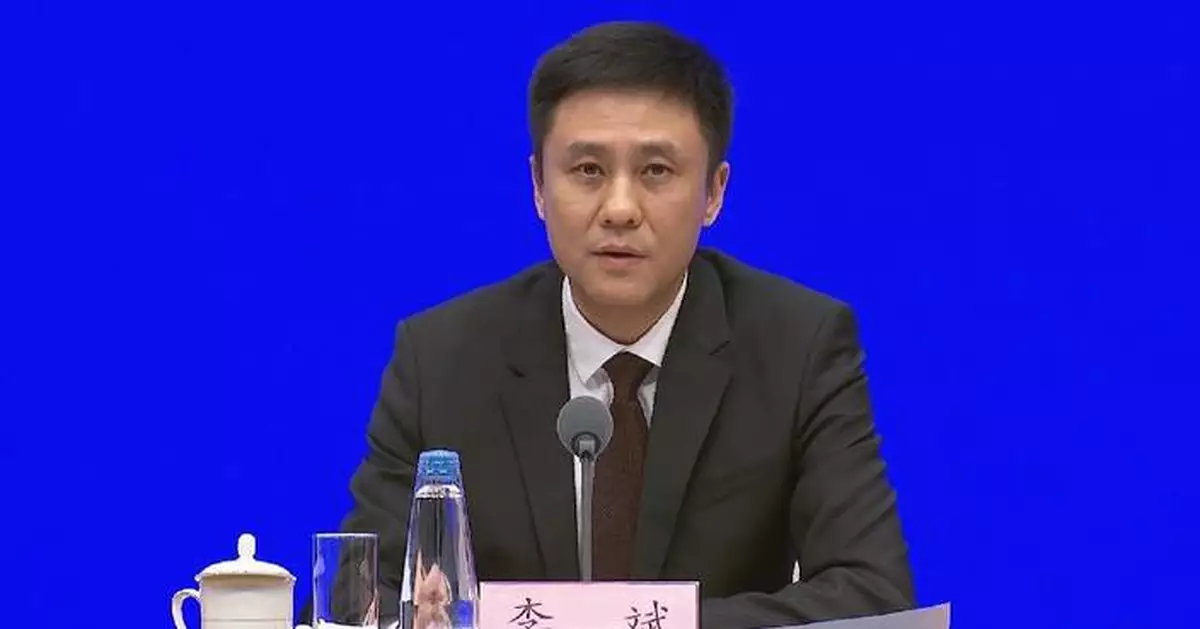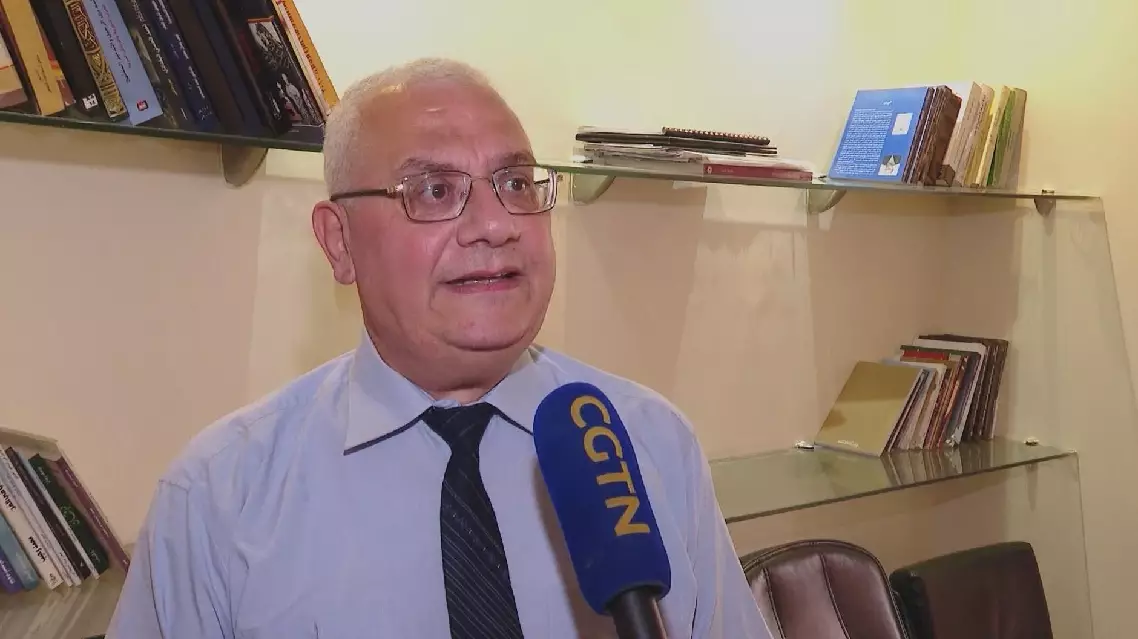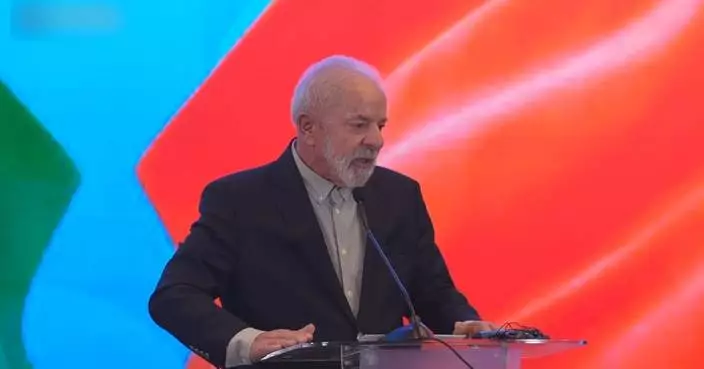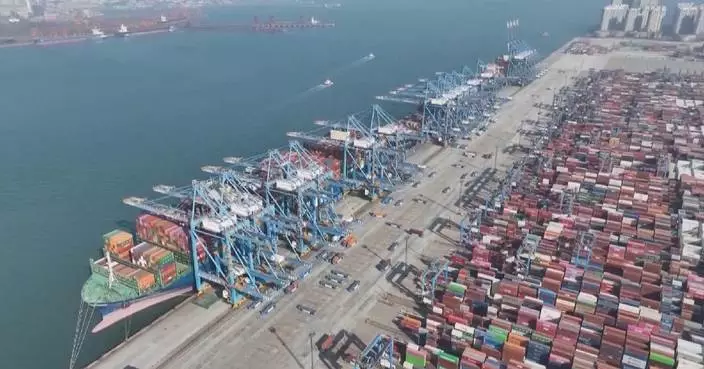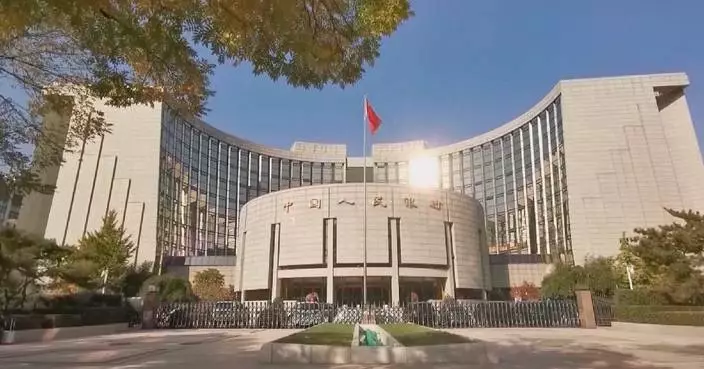China plans to introduce more foreign exchange facilitation policies in 2025, streamlining currency exchange processes for high-quality enterprises and creating a favorable environment for foreign-funded companies to thrive in the Chinese market, an official said on Tuesday.
Li Bin, deputy director of China's State Administration of Foreign Exchange (SAFE) briefed the media on future foreign exchange policies at a press conference in Beijing.
"In 2025, the SAFE will better coordinate high-quality development and high-level security, establish a more convenient, more open, and safer foreign exchange management mechanism. We will persist in advancing reform and opening up in a complex environment, while effectively guarding against financial risks. These efforts are expected to better support stable foreign trade and foreign investment and contribute to the continued recovery and growth of the economy," Li said.
"The SAFE will introduce more policies to facilitate foreign exchange transactions. We will expand the trade foreign exchange receipt and payment facilitation policy for high-quality companies, extending the benefits to regions and small and medium-sized banks that previously had limited access, which is expected to enable more high-quality small and medium-sized companies to enjoy the benefits brought by simplified processes. We will also advance reform in foreign exchange management for foreign direct investment (FDI). China has basically achieved convertibility in direct cross-border investment. The administration is considering removing upfront expense registration and domestic reinvestment registration for foreign direct investors to further improve the convenience of fund exchange for FDI. These measures aim to create a more favorable environment for foreign-funded enterprises to develop in China," he said.
Building on its efforts to streamline foreign exchange management for FDI, China is also focusing on broader measures to enhance openness and innovation in the sector.
"The administration will promote openness in the foreign exchange sector. The SAFE plans to optimize fund management for domestic companies seeking overseas listings by simplifying the foreign exchange registration process. The administration will also increase the financing facilitation quota for technology-based enterprises at an appropriate time, helping reduce their financing costs. The SAFE supports development strategies for improving pilot free trade zones, and supports the Hainan Free Trade Port and the Guangdong-Hong Kong-Macao Greater Bay Area in innovating their foreign exchange management measures. We also support Shanghai and Hong Kong in building themselves into international financial centers. Efforts will also be made on improving regulatory capacity and risk prevention amid the increasing openness of the market," Li said.
According to Li, the SAFE will work with the People's Bank of China to keep the RMB exchange rate stable at a reasonable level and maintain a basic balance in the balance of international payments.
The SAFE will establish a more comprehensive and effective foreign exchange regulatory system, maintaining strict enforcement against illegal foreign exchange activities, and upholding the healthy order of the foreign exchange market, he said.
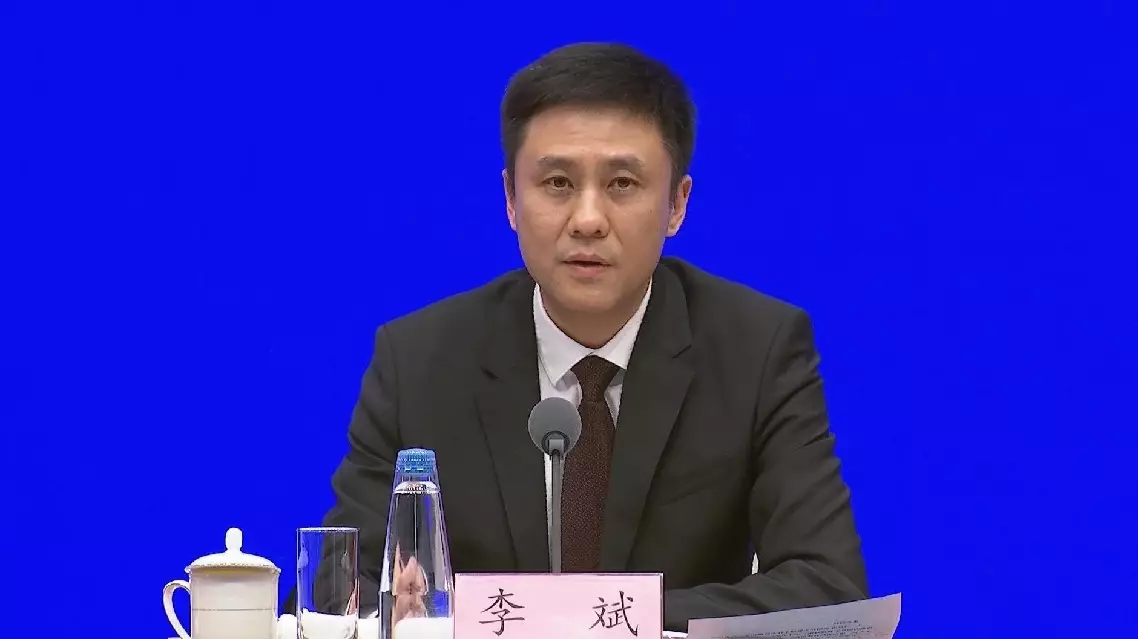
China to launch more foreign exchange facilitation policies in 2025: official


